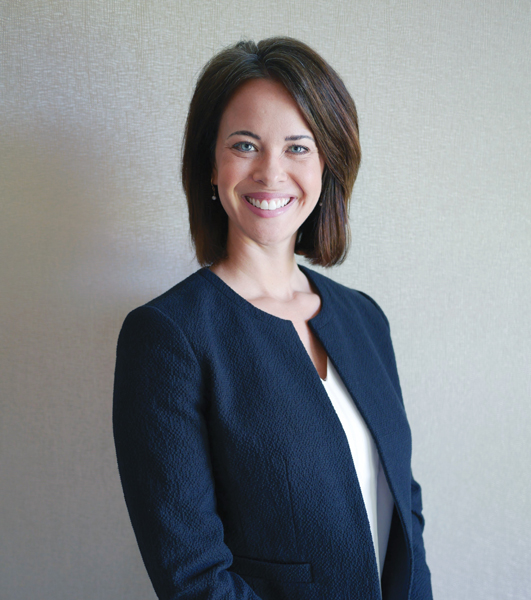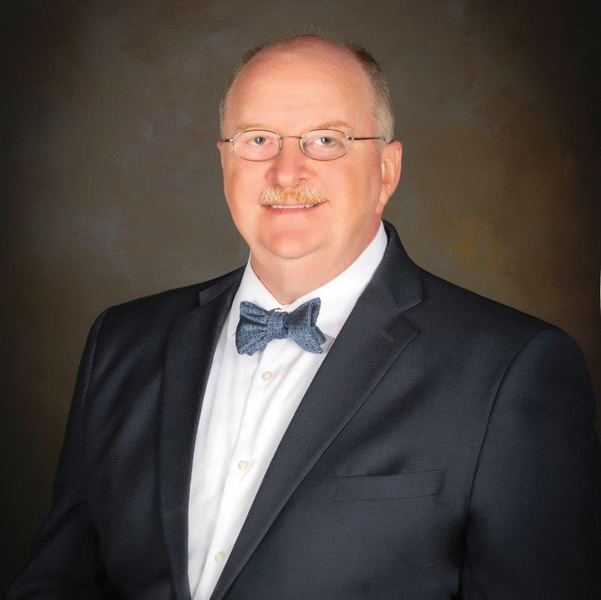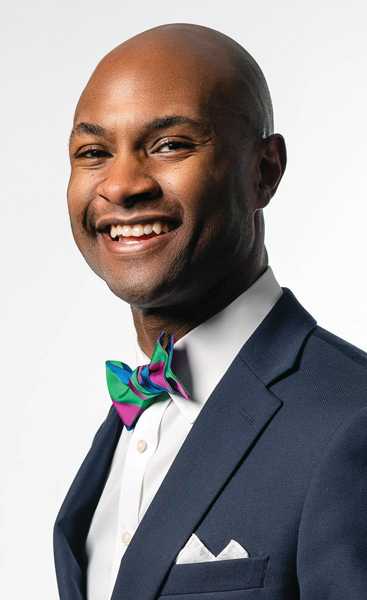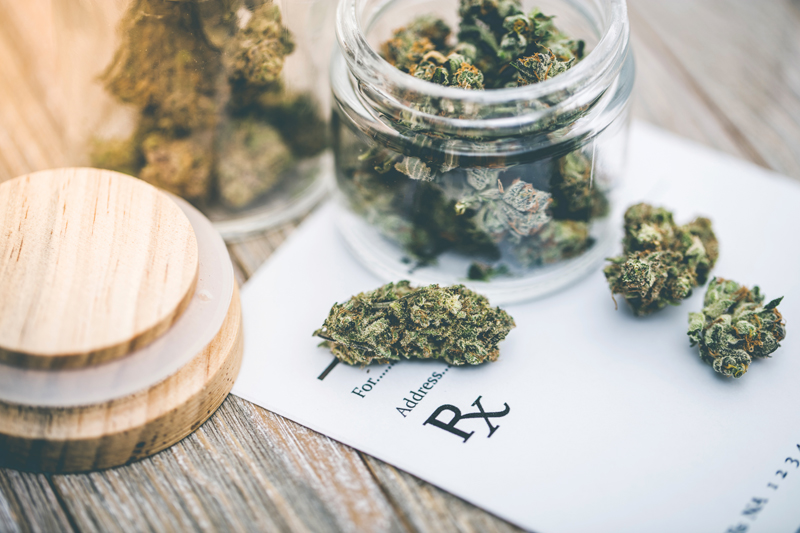Ballot Alternatives Could be Confusing to Voters
By Becky Gillette
Mississippi could join thirty-four other states in legalizing medical marijuana if voter Initiative Measure No. 65 is approved by voters in the November election. While public opinion polls have shown about eighty percent of Mississippians favor medical marijuana, health authorities and a majority of state legislators in the state oppose Initiative 65 on the grounds that research is lacking proving the effectiveness of medical marijuana and that having a medical marijuana program could lead to an increase in drug abuse.
Because of concerns, the Mississippi Legislature passed an alternative medical marijuana ballot proposal, Alternative Measure No. 65A. Proponents of medical marijuana say that was done to confuse voters and effectively prevent a medical marijuana program by leaving the rules and regulatory framework up to the legislature, which could fail to act. Alternative 65A “would establish a program to allow the medical use of marijuana products by qualified person with debilitating medical conditions.”
“Initiative 65 would start an immediate guaranteed program to help patients who are suffering,” says Jamie Grantham, communications director for Mississippians for Compassionate Care (www.medicalmarijuana2020.com). “It has rules and a regulatory control framework. The legislative alternative doesn’t even mention rules and regulations except to say they are to be developed by the legislature. The big difference is ours is a clearly defined program and theirs is not. There is nothing in there that holds them accountable to actually produce a program that would truly benefit patients.”

The Mississippi State Board of Health is opposed to medical marijuana. Many physicians say scientific studies about its effectiveness are lacking. But Grantham says that evidence for its effectiveness includes medical research plus the testimonials from thousands of patients in the states that have medical marijuana programs.
“There’s is no reason these patients in Mississippi should suffer any longer,” says Grantham. “They deserve better.”
The Mississippi State Medical Association (MSMA), which represents about 5,000 doctors, residents and students in the state, is opposed to a medical marijuana program. W. Mark Horne, MD, president-elect of the MSMA, says their members do not consider marijuana to be medical.

“We don’t believe the scientific evidence has sufficiently proven that we should be using marijuana as a medication,” says Horne. “We support research on marijuana, but not availability as medication. Medications are taken at a particular time in a particular way. We dispense a particular dose with a particular frequency. With the medical marijuana programs, users select what they want—within certain limits on the amount—and use it the way they want.”
Horne says people who use medical marijuana don’t know how much THC (the ingredient in marijuana that is most responsible for the euphoric effects) or hundreds of other compounds found in marijuana they are getting when they ingest a product.
There are physicians who support the initiative including some who sent a letter to the Mississippi Board of Health claiming the Board’s resolution against medical marijuana is “filled with misinformation and outdated arguments.”
“As you know, the initiative does not require physicians to treat patients with medical marijuana,” the letter states. “[The Board’s] resolution offers no compelling reason why the ten members of the Board should try to stop more than 5,700 physicians in our state from using our experiences, training, and research to consider treating our patients with medical marijuana.”
An estimated 3.5 million patients across the country are purchasing medical marijuana, and sales and tax revenues from programs have been up during the pandemic. For example, in neighboring Arkansas, since the first dispensary opened in May 2019, Arkansans have spent $122 million to obtain 19,362 pounds of medical marijuana.
Arkansas decided to limit the number of licenses for grow facilities and dispensaries. That has ended up creating long delays because of lawsuits from applicants who didn’t make the cut. Most recently when a sixth grow facility was licensed, the five existing grow facilities filed a lawsuit against the Arkansas Medical Marijuana Commission. There are also current lawsuits over dispensary licenses. The dispensaries in Arkansas aren’t evenly distributed across the state with some patients having to travel two hours or more one way to visit a dispensary.
Grantham says 65A would limit the number of licenses.
“That creates a monopoly for larger marijuana businesses to take over and eliminates opportunity for small businesses,” says Grantham. “Alternative 65A has a limited license cap that would create a monopoly that creates an environment for lawsuits and delays in starting the program. Mississippi is similar to Arkansas being a rural state. Patients should not have to drive two hours to get their medicine. That is difficult if you don’t have transportation or have medical conditions that make travel difficult.”
Rep. Abe Hudson, Jr., Cleveland, is one of nearly eighty steering committee members for Initiative 65.

“Initiative 65 is well-written and would provide a legitimate program for patients with certain conditions such as ALS, muscular dystrophy, spinal cord disease, and cancer,” says Hudson. “The legislature passed the alternative measure because there are people in the legislature who don’t agree Mississippi should have a medical marijuana program. Adding a competing alternative to the ballot is designed to split the votes between the initiative and the alternative, making it much more difficult for either measure to meet the threshold required to pass.”
Voters can first vote for or against approval of either measure. Then they can vote for Initiative Measure No. 65 or for Alternative Measure No. 65 A.
Grantham says this is an issue unlike anything else because it affects people’s lives so much. She says currently some people in severe pain from neurological problems or cancer choose to suffer rather than take opiates that can be addictive.
“Medical marijuana gives people back a quality of life that they lost or haven’t been able to achieve with other forms of treatment,” says Grantham. “People are able to get up from the floor. They are able to sleep. They are able to walk.”
Initiative 65 allows medical marijuana treatment for more than twenty specified qualifying conditions. Individuals may possess up to 2.5 ounces of marijuana at one time, and marijuana sales would be taxed at the current state sales tax rate of seven percent.

